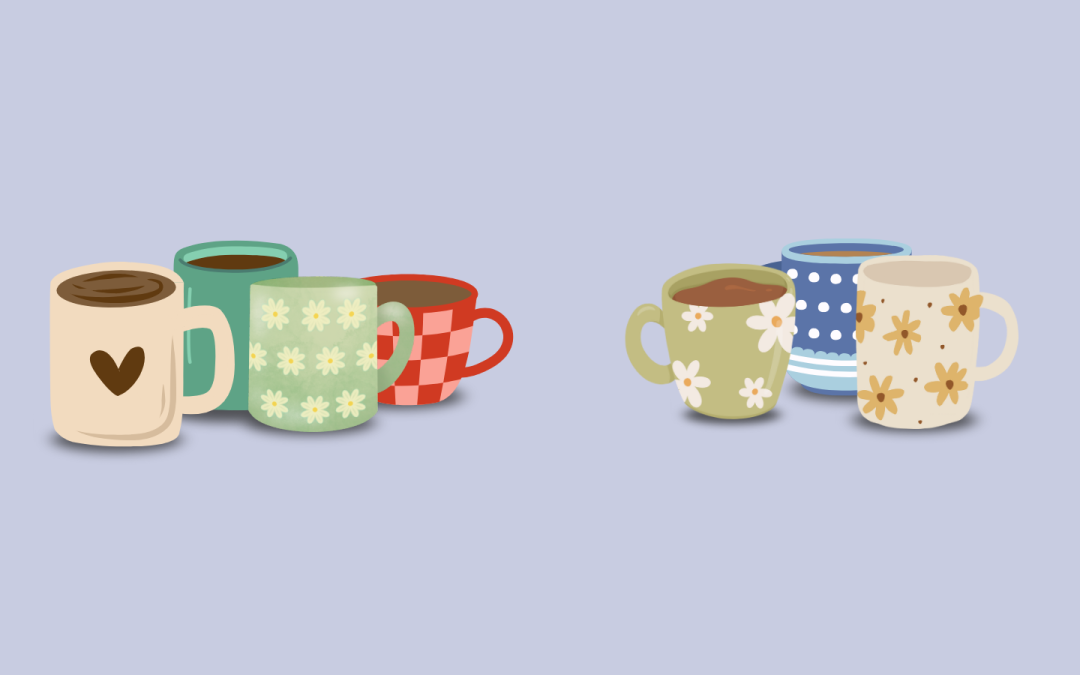Headway Tyneside was interested to read about a pilot study within Northumbria Healthcare NHS Foundation Trust exploring a change towards serving decaffeinated drinks.
Across the trust’s hospitals, decaf drinks were available but not routinely offered to patients during drinks rounds. A wide range of specialists agreed that making decaf drinks the norm could bring a range of benefits – and the result of their study demonstrates this!
Caffeine
Caffeine is a natural chemical with stimulant effects, which means it increases activity in your brain and nervous system. It is found in tea and coffee as well as many other products.
Decaf tea or coffee is simply where the caffeine has been removed from the coffee beans or tea leaves. It may still contain very low levels depending on how it was produced.
Reducing your caffeine intake
Benefits of switching to decaffeinated tea or coffee include:
- Reducing nocturia (needing to use the toilet in the night) and bladder urgency
- Improved sleep quality
- Reducing noticeable/ irregular heartbeats (palpitations)
- Helping prevent dehydration and headaches
- Reducing indigestion
- Reduced risk of osteoporosis, as caffeine prevents absorption of calcium
Let’s make the change!
Headway Tyneside is keen to learn from these findings and so we plan to adopt “decaf by default” in our evening social group.
Caffeinated drinks will always be available to you if you ask for this, but we will serve decaffeinated tea and coffee as the norm from now on.
Let us know your thoughts – do you think this is a good idea?

